A meaningful Indian response to Dr Sabyasachi Das’ paper on “Democratic Backsliding in the World’s Largest Democracy” would find it practically impossible to separate its context from its content. In fact, I found myself somewhat resentful for having to read, only because of all the political slanging surrounding it, this 50-page unpublished paper posted on the Social Science Research Network (SSRN).
Yes, I would have waited for Das’s publication to appear in a respectable journal after a thorough peer-review rather than its present pre-publication form on SSRN, a portal meant for “rapid worldwide dissemination of research”. Of course, in the normal course, I might also have given it a miss not only because it is outside my own field of interest, but because it represents the type of research, based mostly on large data analysis, complicated statistical regressions, unconvincing theories and hypotheses, which is gathering more and more respectability in the public sphere.
This type of research, however fascinating from an epistemological point of view, does not interest me as much as what is traditionally understood as qualitative analysis. I say this because I find that oftentimes quant-based investigations are little more than smart if not slanted assumptions, suppositions, insinuations, if not outright prejudice, hiding behind the façade of empirical data and complex mathematical formulae.
That is not how, as Giambattista Vico (1668-1774) showed long ago, we gain a deep understanding of human subjects and society. We are not objects or automatons, easily amenable to or decipherable, by the scientific methods of measurement and quantification. A different methodology, he suggested, is required to understand us. Wherever and whenever excessive scientism usurped the space of deep cognition and insight, we have had disastrous political and policy outcomes, as with the excesses of the pseudo-science called “dialectical materialism,” better known as Communism.
In any case, it should be obvious even to data worshippers that facts, figures, and numbers do not make sense unless we interpret them — unless, indeed, we have theories and perspectives to interpret them. That, in Das’s paper, is the fundamental problem. He is already looking for “democratic backsliding,” “electoral manipulation,” and “targeted electoral discrimination” against Muslims in his much-vaunted datasets. That he doesn’t find much of any of these is the fundamental conclusion of his research. For most parthe shows only negative or negligible rather than positive or conclusive correlations between the datasets and his hypotheses. As Das admits in his conclusion, “The tests are, however, not proof of fraud, nor does it suggest that manipulation was widespread.”
Quick Reads
View AllHis paper therefore ends up proving the opposite of what is, apparently, intended. How does he justify the value of negative results? “Nonetheless, electoral fraud even in a single constituency would imply that such manipulations by incumbent parties are possible” (28). Hello! Which world are we living in? Those of us who’ve been around for a while will remember the days of booth capturing, ballot box stuffing, prevention of voters from reaching the booths, fraudulent voter lists, and a host of other tactics to rig elections.
Compared to all of those, the variables and discrepancies in Das’s methodology and data seem laughable. Even today, as in the recent state elections in Karnataka, politicians and their henchmen have been caught on camera bribing voters with cash, liquor, food, and other blandishments. What about electoral freebees and promises to influence voters? Don’t they constitute a more obvious electoral fraud than the convoluted statistical theories that Das presents? In fact, Republican candidate for next year’s US presidential race, Vivek Ramaswamy, has asserted that the blanket ban on the alleged Hunter Biden bribery scandal influenced the last US elections much more than purported Russian interference in the previous one, which brought Donald Trump into the White House.
Compared to these outright if not more direct methods of manipulation, Das’s datasets turn out to be far more uncertain, doubtful, and, in the end, practically useless. Far from proving any kind of fraud or even manipulation, they end up leading us into a dense fog of confusion, data distress, and mathematical misdirection. Opposite the demands of Occam’s razor or the principle of parsimony: entities must not be multiplied beyond necessity (in Latin: Entia non sunt multiplicanda praeter necessitatem or Pluralitas non est ponenda sine necessitate.) When it comes to two competing theories, the better one has fewer assumptions and explanations. Au contraire, Das’s conclusions, despite trying to whip up much of a muchness, actually amount to little more than much ado about nothing.
(To be concluded)
The writer is an author, columnist, and professor at Jawaharlal Nehru University. Views expressed in the above piece are personal and solely that of the author. They do not necessarily reflect Firstpost_’s views._


)
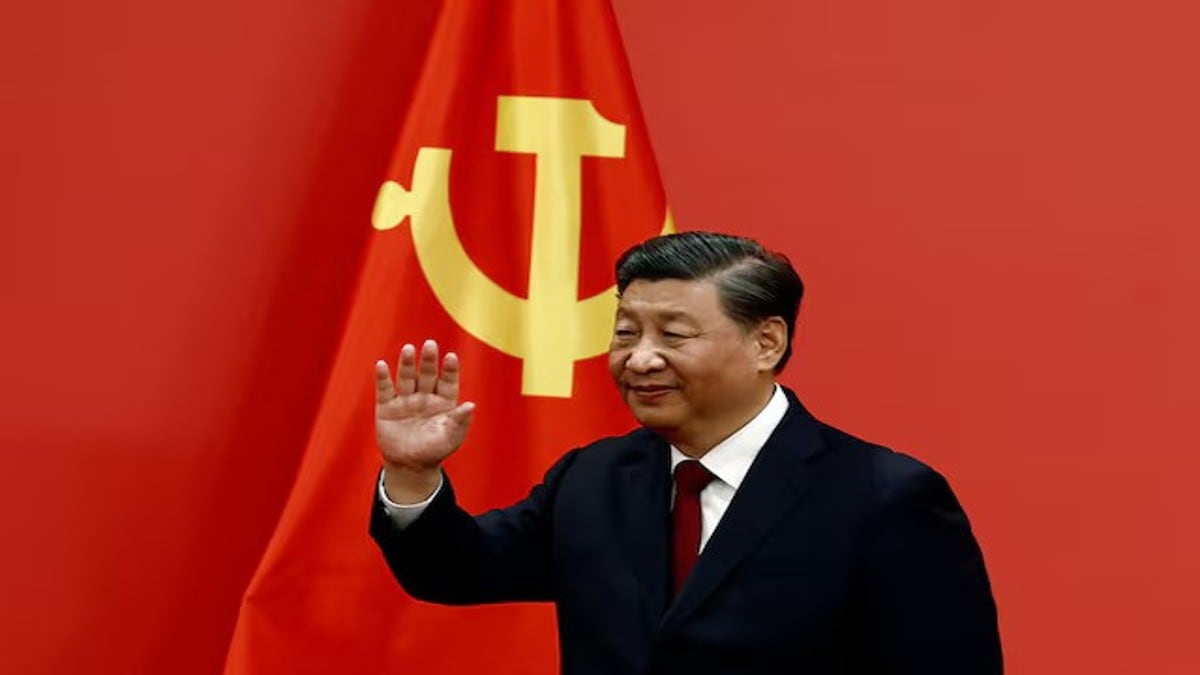
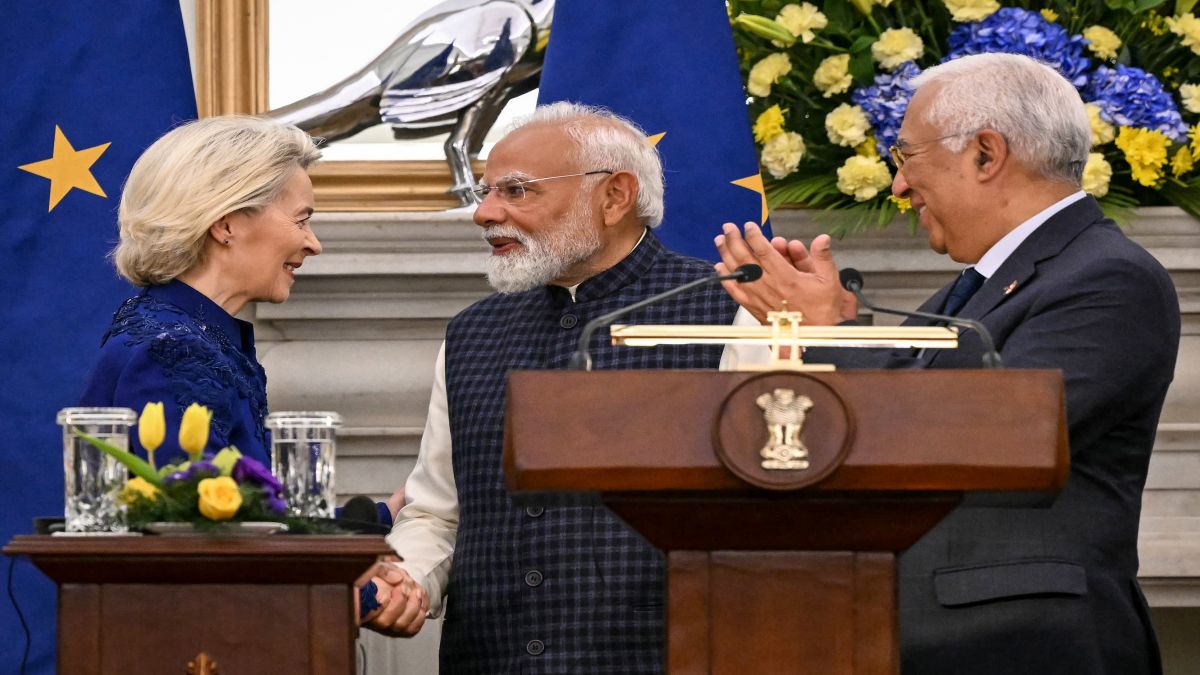)
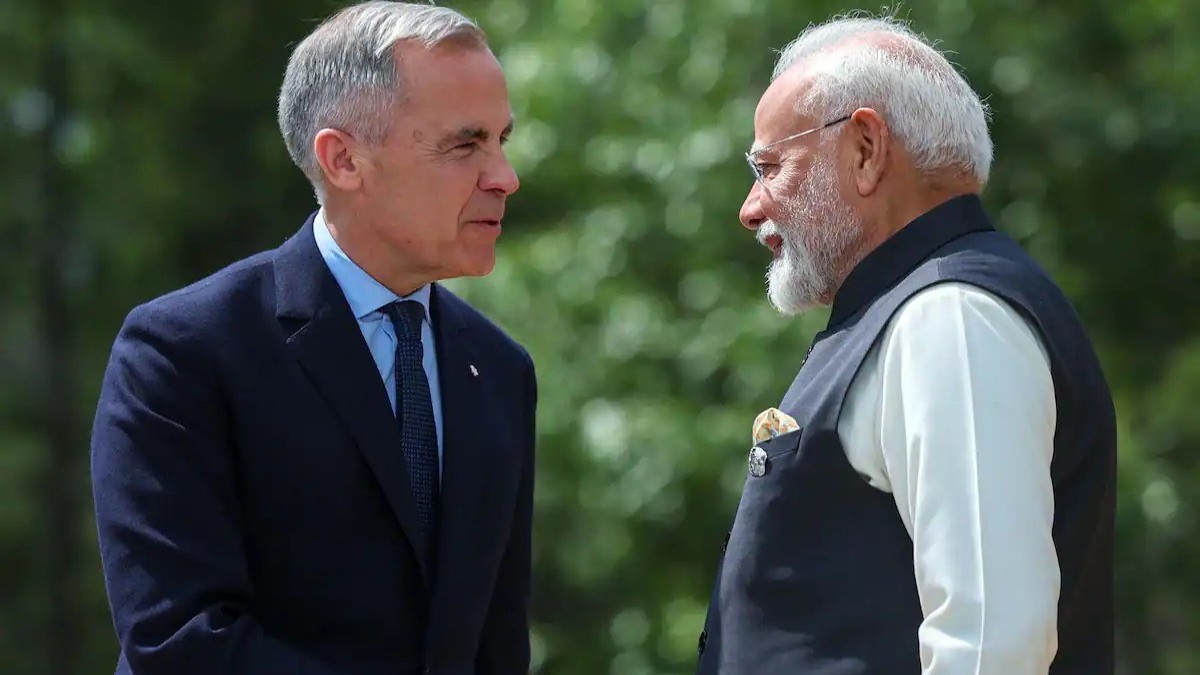)
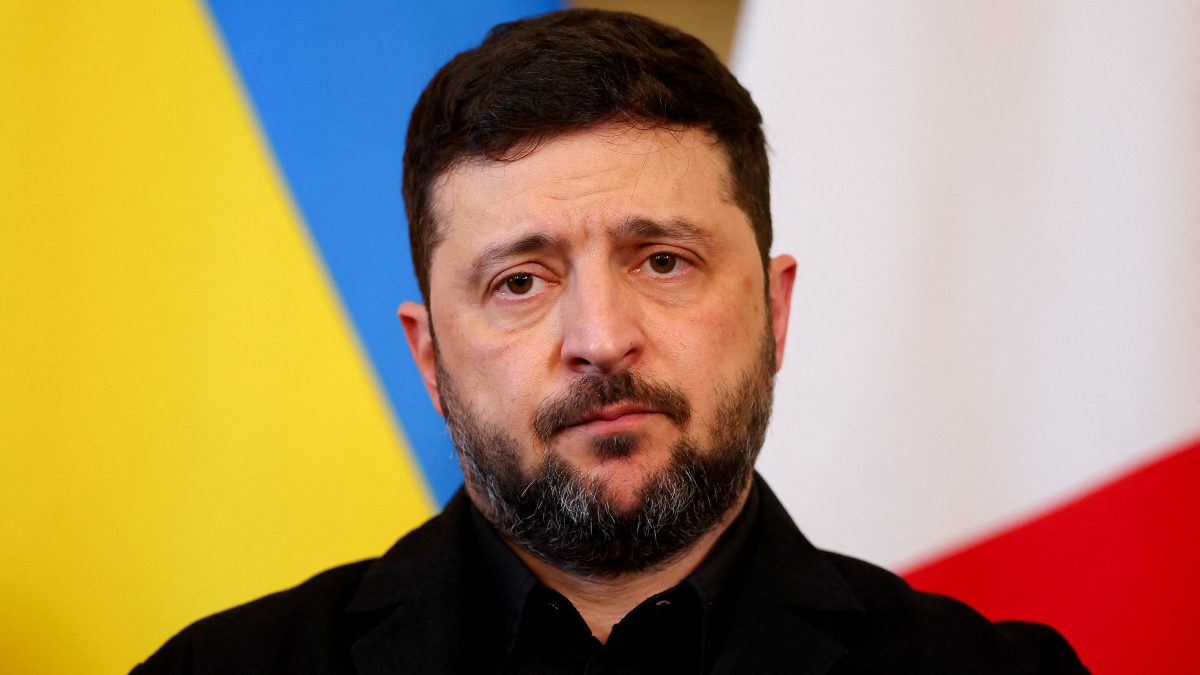)
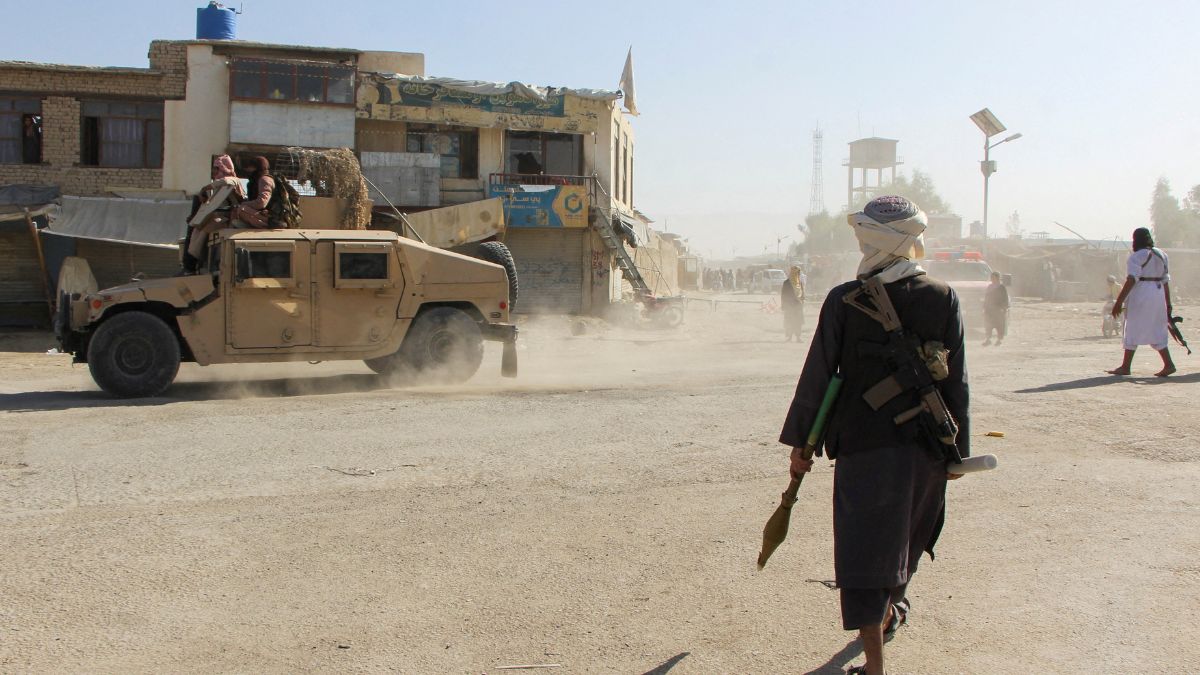)
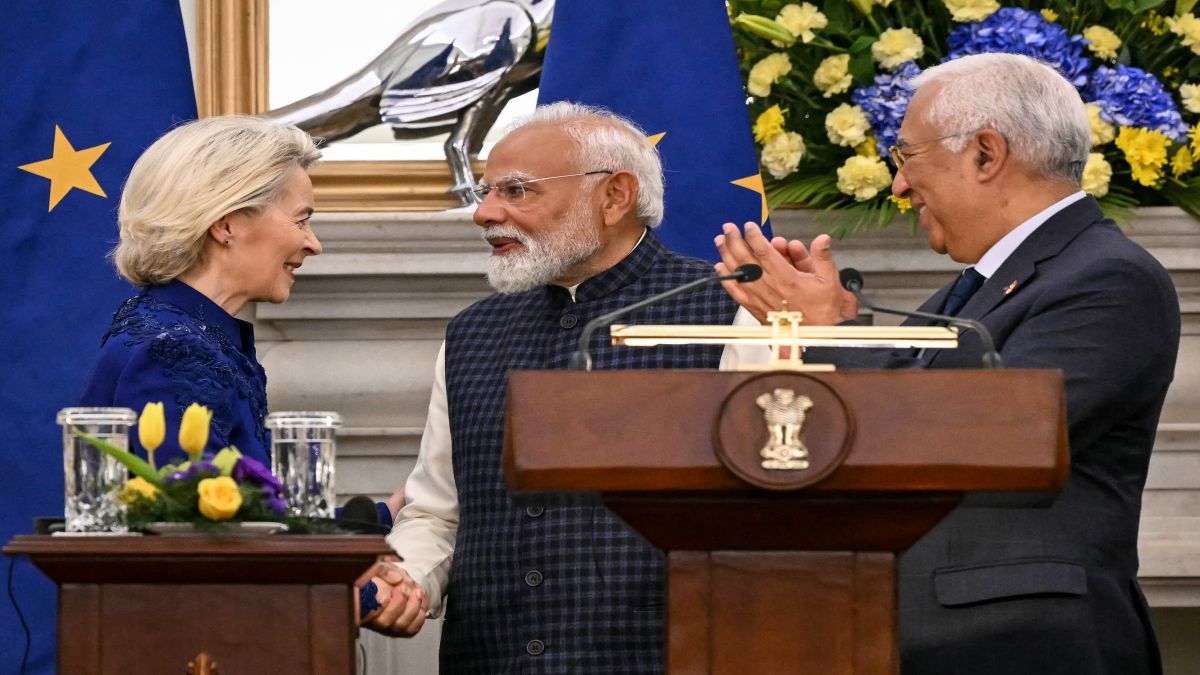)
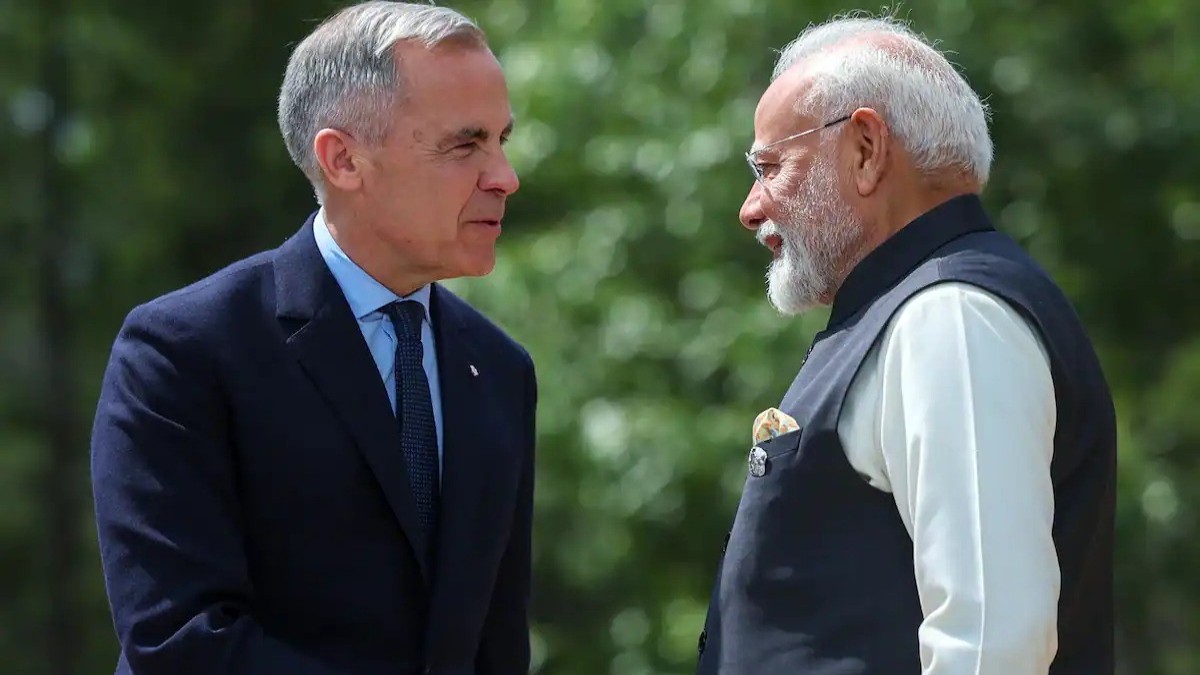)
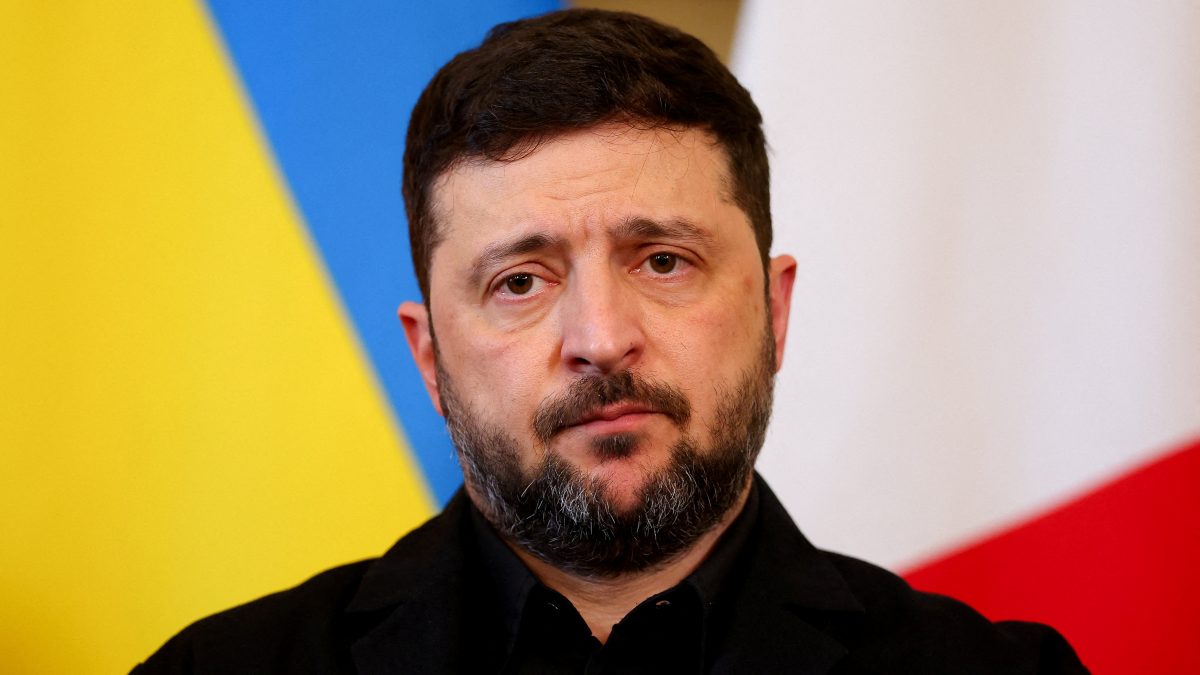)
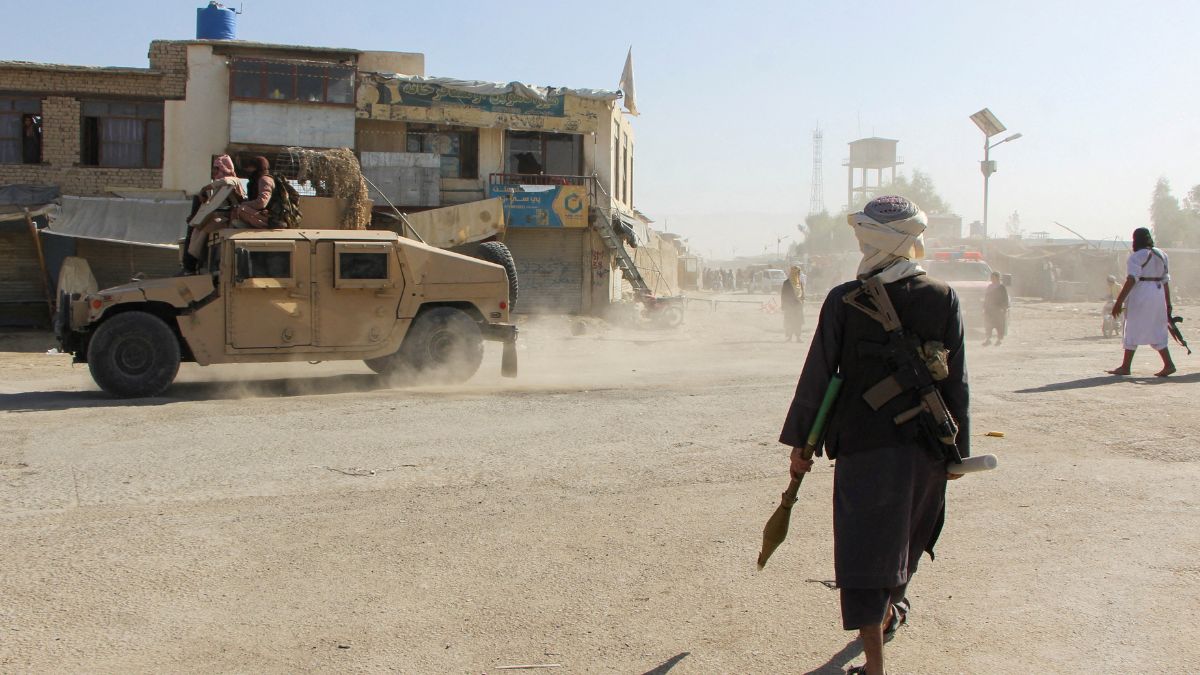)



